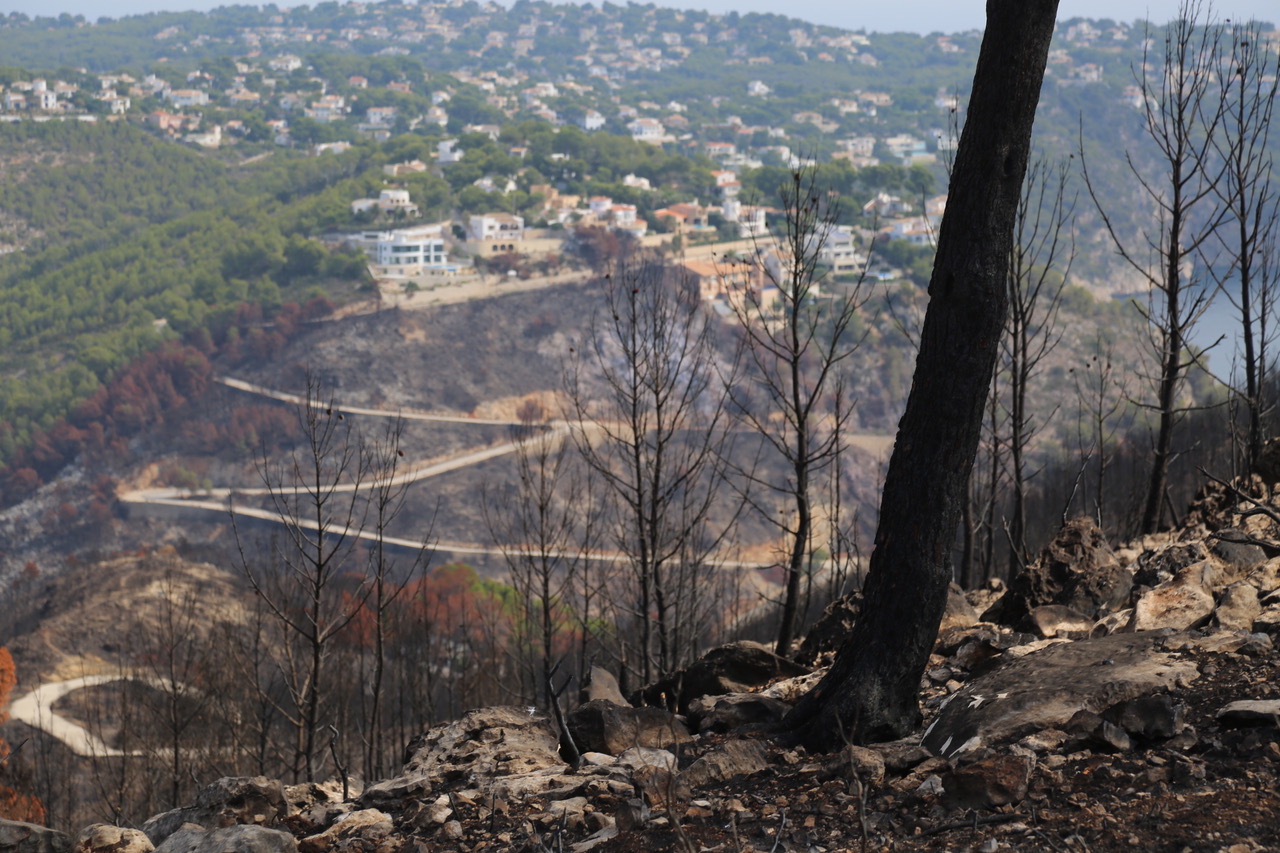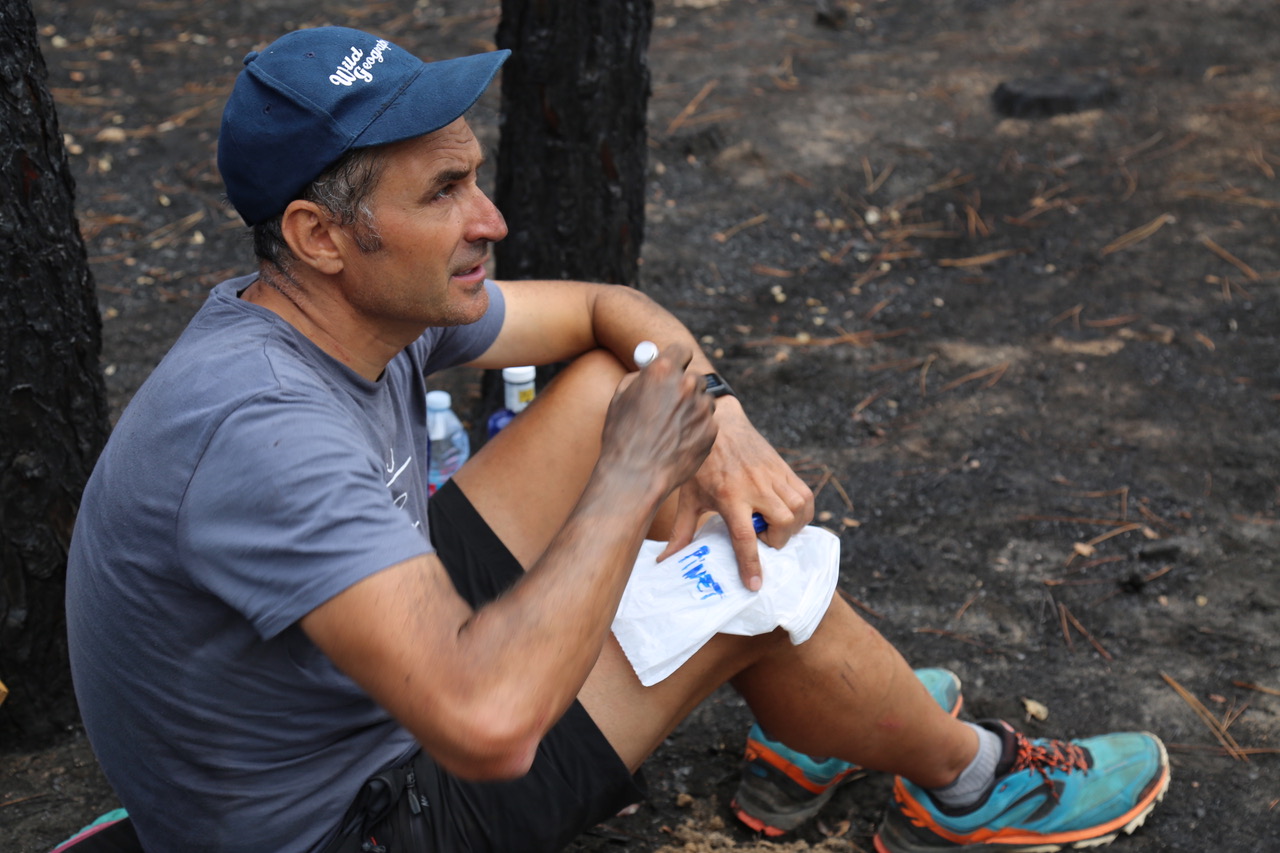
from prevention to recovery
on the complexities of wildfires

Mission statement
Fire has long been a vital component of the Earth System, historically used by humans as hunters and farmers. In the 21st century, fire takes center stage in environmental management, highlighting the urgent need to define its role in shaping sustainable landscapes. Success in this effort depends on collaboration and networking among scientists, citizens, and practitioners. To facilitate these connections, fEs organizes a hybrid conference that brings together diverse stakeholders to share knowledge, ideas, and strategies for utilizing fire as a tool for sustainability.
Participants from various backgrounds are invited, including fire dynamics, fire risk management, the effects of fire on vegetation, fauna, soil, and water, as well as socio-economic, historical, geographical, political, and land management perspectives. This initiative connects scientific communities from different regions of the world with practitioners and citizens, enabling the exchange of experiences and the development of innovative approaches to fire research.
fEs fosters synergistic collaborations among researchers, citizens, and stakeholders. By integrating biological, biochemical, and physical research with socio-economic, historical, geographical, sociological, and policy considerations, fEs synthesizes existing knowledge to create fire-resilient landscapes.
In addressing the intensification and geographic spread of wildfires driven by climate and land-use changes, fEs equips society, practitioners, and scientists with the tools and knowledge needed to adapt. With global change and fire serving as critical factors shaping the future of humanity, fEs provides a platform for meaningful discussion and action.
Subscribe for updates
Keynote speakers
Izak Smit
Christiaan F. Pool
Organizing committee
Scientific Committee
FES2025 Venue
Social Media Highlights
Firefighters lighting back-burns to try to head off #KincadeFire before winds kick up tonight. Fingers-crossed! pic.twitter.com/25MbSRxfU2
— Kurtis Alexander (@kurtisalexander) October 26, 2019






